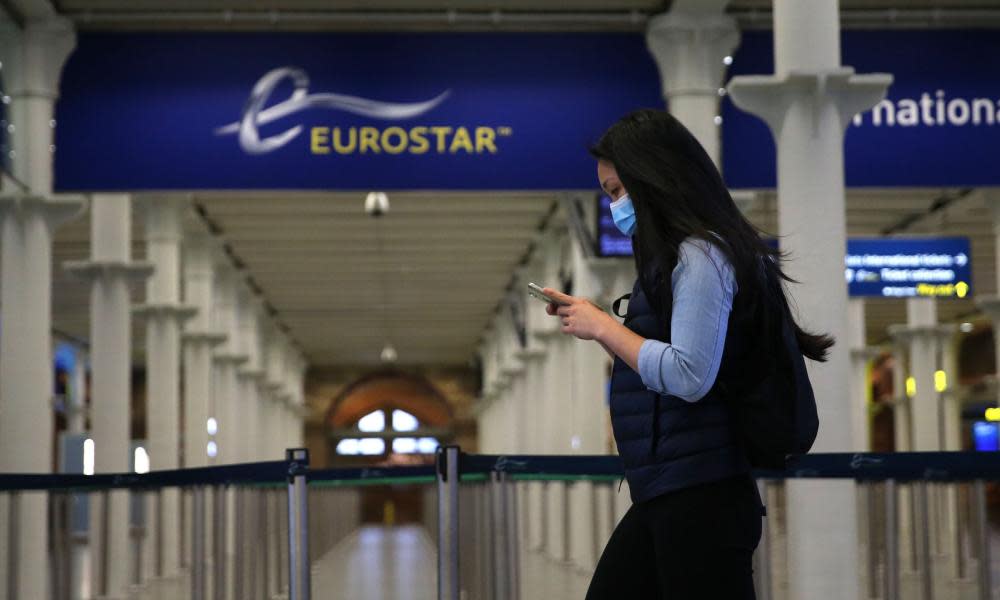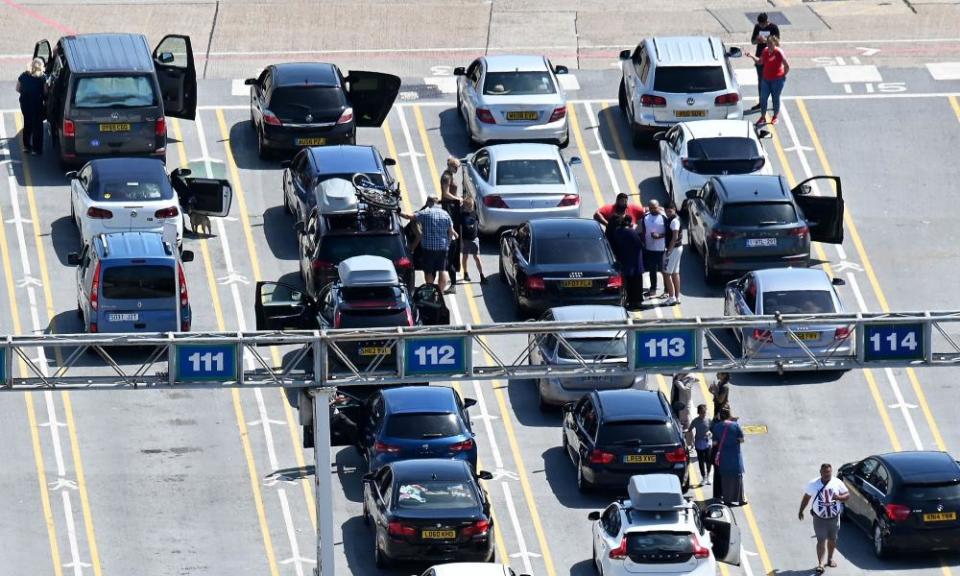Travelling to France from the UK: your rights on refunds and insurance

The UK government has said that travellers from Belgium, Andorra and the Bahamas will face quarantine when they arrive in the UK – and there are concerns that France could be the next country on that list.
France is a huge destination for UK holidaymakers and many have breaks lined up there over the next few weeks. Unlike for trips to Spain, many travellers will have arranged their travel and accommodation separately, which will make getting a refund more complicated.
What would the change mean?
When the government adds a country to the list it means that travellers coming from it need to self-isolate for 14 days after their arrival in the UK. It does not immediately mean that you cannot visit, or that your travel insurance is invalid there.
However, so far the Foreign and Commonwealth Office (FCO) has also updated its travel advice to warn against all but essential trips to these destinations. This is important, as it means your trip is no longer insured.
Introducing quarantine from arrivals from France later in August could cause problems for families – if quarantine rules come in, they could mean children having to self-isolate over a period when schools are reopening.
Will my holiday be cancelled?

If it is a package trip it is likely to be cancelled if the FCO advises against all but essential travel. You will be due all of your money back and it is supposed to arrive in your account within two days.
If you have arranged the elements separately, things may not be quite so straightforward. Ferry companies, Eurostar and airlines all continued to operate during lockdown, and are likely to carry on offering some kind of service despite any new rules. They may cancel some services – and if they cancel yours you will be due your money back. If you choose to cancel, you will not be automatically entitled to a refund, so you would be better off rescheduling instead.
The same may be true of your accommodation provider, unless you have booked a flexible deal.
The next hurdle if you want to rearrange will be getting through on the phone. (We have some advice here.)
Will my travel insurer step in?
Possibly. If you booked your holiday and bought your insurance before March, you may be able to make a claim for money you cannot get refunded – check the paperwork to find out where you stand. Policies bought since the risk of coronavirus was known are likely to exclude it as a risk, unless you go for an enhanced policy, says Patrick Ikhena, the head of travel at comparethemarket.
According to Which?, only two insurers, AllClear and Nationwide, are offering new cover that will pay out if the FCO changes its advice after you book but before you travel. Others will pay out if you have to cancel the trip because you or a family member has symptoms and has to self-isolate.
You can only claim on your insurance once you have tried for a refund from your airline and accommodation provider.
“If you just don’t fancy going any more because of the quarantine rules your insurer won’t pay out,” Ikhena says.
Can I travel anyway?

If you are booked to travel and the ferry or flight is still running and your accommodation is still open, you can still travel. But be aware that if the FCO slaps a ban on France, your travel insurance will not be valid if you travel out there afterwards. Should you catch Covid-19 and need hospital treatment, or find you need to stay to recover, you will not be able to make a claim. A European Health Insurance Card (Ehic) will cover medical bills but you will have to cover the cost of everything else out of your own pocket.
Will I be paid while in quarantine?
You are not automatically entitled to statutory sick pay if you are self-isolating after returning from holiday, so what happens when you get back will depend on your employer’s discretion.
If you can work from home, for instance, you may be allowed to do so and will be paid as normal. But if you can’t, a solution could be to take more annual leave so you can get holiday pay while self-isolating.
Employment lawyers have said that only those with two years’ service are protected against the sack for failing to come to work. If you develop Covid-19 symptoms and have to self-isolate as a result, you are entitled to statutory sick pay of £96 a week or higher.
After the quarantine rules on Spain were changed, Downing Street said anyone denied pay after being forced to isolate should claim universal credit, or seek arbitration.
Can I change my plans?
If you haven’t already set off, you could consider changing your plans, says Emma Coulthurst from the comparison site TravelSupermarket. If it is a package tour, you may be able to change to a different date or destination.
“For anyone with a train or plane ticket to France, most travel providers are being flexible this summer and offering no change fees, if your plans need to change,” she says. However, she warns, these only apply up to a certain date before departure, usually at least two weeks. “This isn’t always clear to passengers who may think that they have the flexibility of no change fees up to the departure date,” she says. “It might be cost-prohibitive to change it, if you have large change fees to add which are more than the cost of the plane or train in the first place.”

 Yahoo News
Yahoo News 
